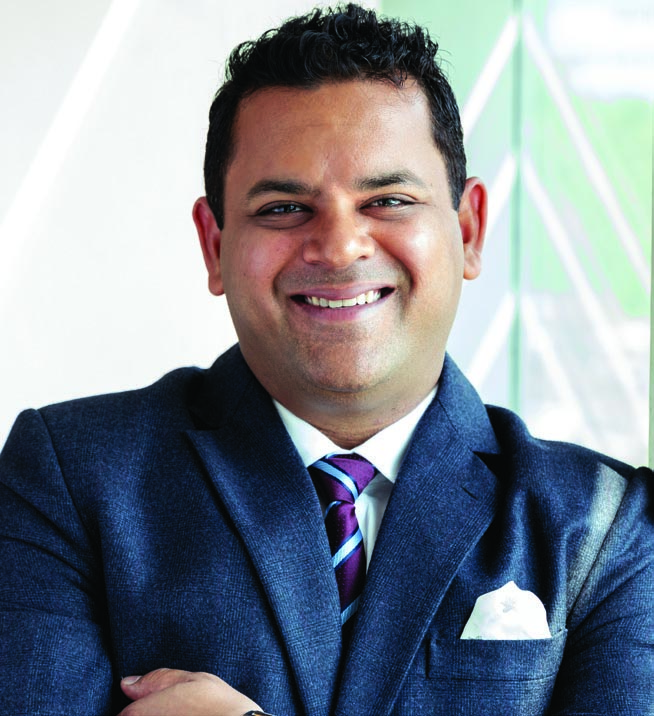
The facility management industry is facing a critical challenge that is reshaping operations across the board: a persistent shortage of skilled and willing manpower. As frontline roles in housekeeping, security and technical maintenance become increasingly difficult to fill, organisations are being compelled to rethink conventional workforce models, says Saurabh Agarwal, Managing Director, Unify Facility Management Pvt. Ltd.
Changing Aspirations, Emerging Gaps
The root of this shift lies in a broader societal transformation. The younger male population is moving away from traditional blue-collar roles, aspiring instead towards gig-based employment. This attitudinal change, accelerated by the pandemic, has led to a marked decline in interest in foundational facility management jobs. For companies with large and diverse operational footprints, this has translated into growing recruitment delays, higher attrition, and increased dependency on a limited workforce pool.
A Strategic Response to a Structural Challenge
In our organisation, we have approached this labour shortage not just as a challenge, but as a catalyst for positive change.
Multi-skilling and upskilling: Rather than expanding headcount, we are enhancing capability. Through structured training programmes, employees are equipped to handle multiple responsibilities, allowing for operational flexibility without
compromising quality.
Technology as an amplifier: Mechanisation and digital tools are being leveraged to streamline labour-intensive tasks. From automated cleaning solutions to app-based workforce management, technology is enabling us to do more with fewer hands, while maintaining consistency and transparency.
Diversified talent pipelines: We have expanded our recruitment focus to Tier 2 and Tier 3 cities, where interest in stable employment remains high. By partnering with training institutions and grassroots organisations, we are tapping into a fresh, motivated talent pool.
Inclusive work models: Flexible shifts and part-time opportunities are being introduced to engage underutilised talent pools, particularly women, who bring reliability and stability to the workforce.
Culture and retention: At the heart of our strategy lies a people-first culture. Timely compensation, clean accommodation, employee recognition, and grievance redressal mechanisms are all contributing to better morale and retention.
Compensation & aspiration gap: Compensation remains a significant barrier. Most blue-collar workers operate at or just above minimum wage levels, making survival — not growth — their daily focus. For many, this industry does not seem aspirational because the salaries simply do not match the effort or cost of living.
To change this perception, we are gradually shifting from minimum wage benchmarks to market-aligned wages. Fair compensation is not just a retention tool, it is an essential part of restoring dignity to essential work.
Employee wellbeing beyond the job: Employee wellbeing is integral to workforce stability. We are strengthening this through regulated working hours, safety protocols, and comprehensive insurance coverage. Initiatives like family welfare programmes, emergency support, and mental health awareness are also being implemented to ensure employees feel secure not just at work, but in life.
The facility management sector must recognise that the era of abundant manpower is behind us. The future belongs to organisations that can build resilience not just through recruitment, but through innovation, inclusivity, and respect for human capital.
In this evolving landscape, success will be defined not only by operational efficiency, but by how meaningfully we support the people who power our services. Labour is no longer just a resource; it is our most strategic asset
 CIJConnect Bot-enabled WhatsApp
CIJConnect Bot-enabled WhatsApp












